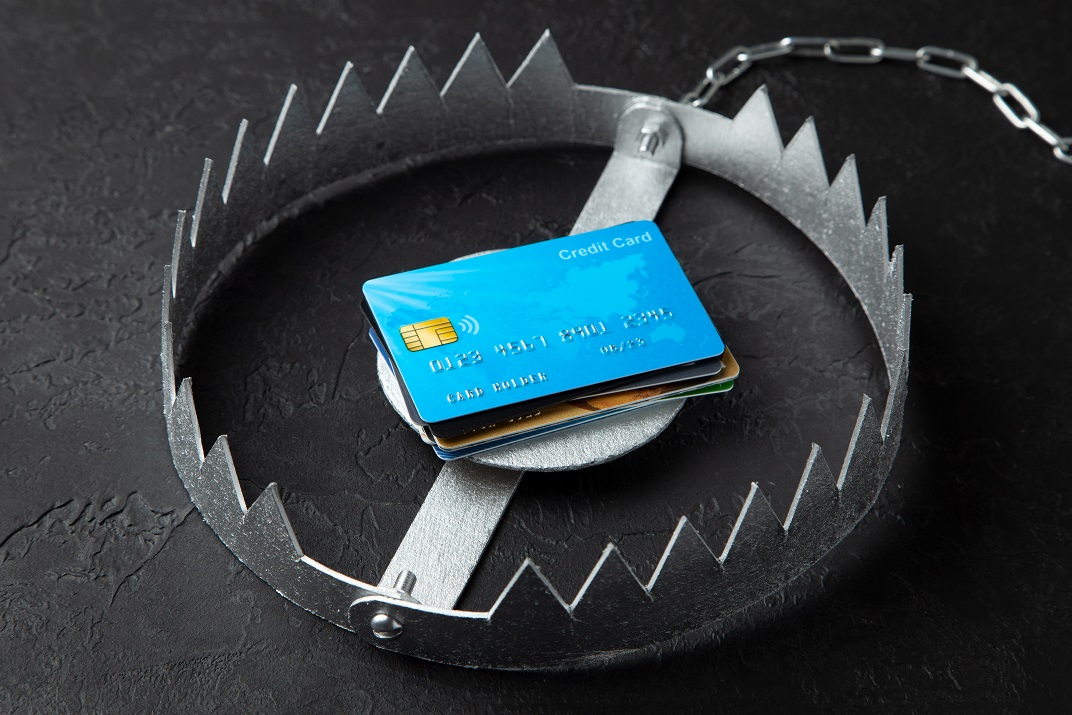- As authorities tighten regulations in the loan app space, unregistered loan apps are reportedly still operating through the Android Package Kit (APK).
- This comes after the Federal Competition and Consumer Protection Commission (FCCPC) delisted 47 unregistered loan apps operating in the country from the Google Play Store as of May 2024.
- Per the report, Gbemi Adelekan, Chairman of the Money Lenders Association, said several delisted, unregistered loan apps use APKs to avoid regulatory compliance.
Individuals taking loans from them are likely to face harassment and defamation because these apps push loans to people and use unethical debt recovery methods, he said.
An APK file is the file format used to store Android applications. They are distributed in a download link form, even if the app is not listed in any app store.
Adelekan called for regulatory protection for lenders and borrowers as the industry expanded in March 2024, and the FCCPC placed 88 loan apps on its watchlist that month due to customer harassment and defamation by unregistered lenders.
The FCCPC investigated why loan apps are thriving in December 2023, concluding that they use wallets on Payment Solution Service Providers (PSSPs) to carry out their illegal transactions, making it difficult to stop them.
This is not the first time the FCCPC has taken loan apps off Google Play Store. Last September, the number of delisted loan applications increased from 9 to 37, and it is now 47.
Amidst delisting loan apps and suggesting measures to sanitise the loan app industry, the authority continues to approve more loan apps. The number of registered loan apps in the country increased to 284 as of May, up from 266 in March 2024, indicating an additional 18.
While one of the main concerns is the unethical recovery methods used for these loans, Zeeh Africa, a Nigerian-based open banking company, claims to have a loan recovery solution based on Global Standing Instruction (GSI) technology that allows lenders to recover funds automatically and directly.











